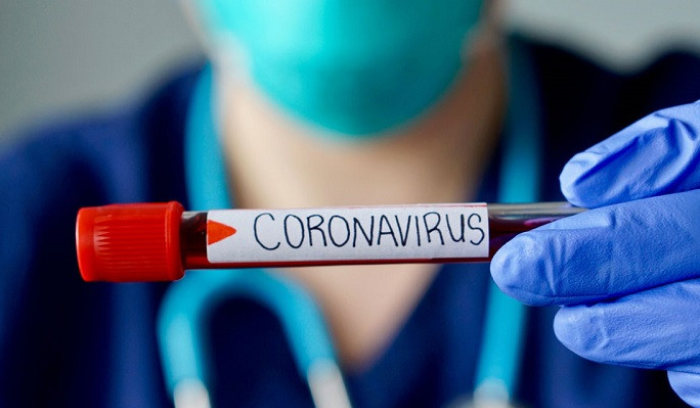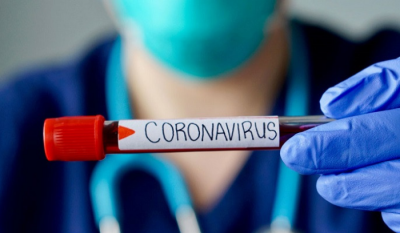American researchers have uncovered a vulnerability of the coronavirus, which they describe as its "Achilles' heel," a term referring to a lethal weakness that can lead to the virus's complete downfall despite its overall strength. In a study published on Wednesday in the journal "Viruses," researchers explained that the discovered weakness lies in the virus's reliance on key human proteins for its replication, a point that could be targeted to prevent the virus from infecting people.
Typically, the protein named "N" in the coronavirus, which allows the virus to replicate itself and spread, depends on human cells to function. The genetic instructions in our cells are copied from DNA to messenger RNA and then translated into proteins that play a crucial role in functions such as growth and communication with other cells. After this process, proteins often require further modifications by enzymes, ensuring they are uniquely suited to perform their intended tasks.
These modifications occur through a process called "SUMOylation," which has recently drawn scientists' attention due to its role in regulating various cellular processes in the body. The coronavirus capitalizes on this process to direct its "N" protein to the correct site to package its genome after infecting human cells. Once the protein reaches the right location, it begins to place copies of its genes into new infectious viral particles, allowing the virus to invade more of our cells, making us sicker.
If someone becomes infected, one of the proteins in their body may appear altered from its previous state, which is what the research team investigated. Using advanced monitoring techniques, the team conducted experiments that made it easier to see where the virus interacts with human proteins to create new viruses or infectious viral particles. The team previously found that the two most common types of influenza viruses, A and B, also require the same SUMOylation process for replication.
The new study revealed that the coronavirus also relies on the SUMOylation process for replication and spread, similar to influenza viruses. The team concluded that preventing the coronavirus from accessing human proteins would allow our immune systems to kill the virus. Jia You Liao, a professor of bioengineering at the University of California and the lead researcher of the study, stated that "the most effective treatment against the coronavirus currently is Paxlovid, which inhibits the virus's replication and needs to be taken by the patient within three days of infection; otherwise, it will not be effective."
He added, "Our new discovery is significant, and a drug that could be built on this finding would be beneficial for patients at all stages of infection," explaining that "similarities among viruses could lead to an entirely new class of antiviral drugs, and with adequate support, these techniques could be developed within five years." According to Liao, "other viruses might operate this way as well, and eventually, we would like to prevent both influenza and the coronavirus, and perhaps other viruses such as respiratory syncytial virus and Ebola, from infecting humans."




